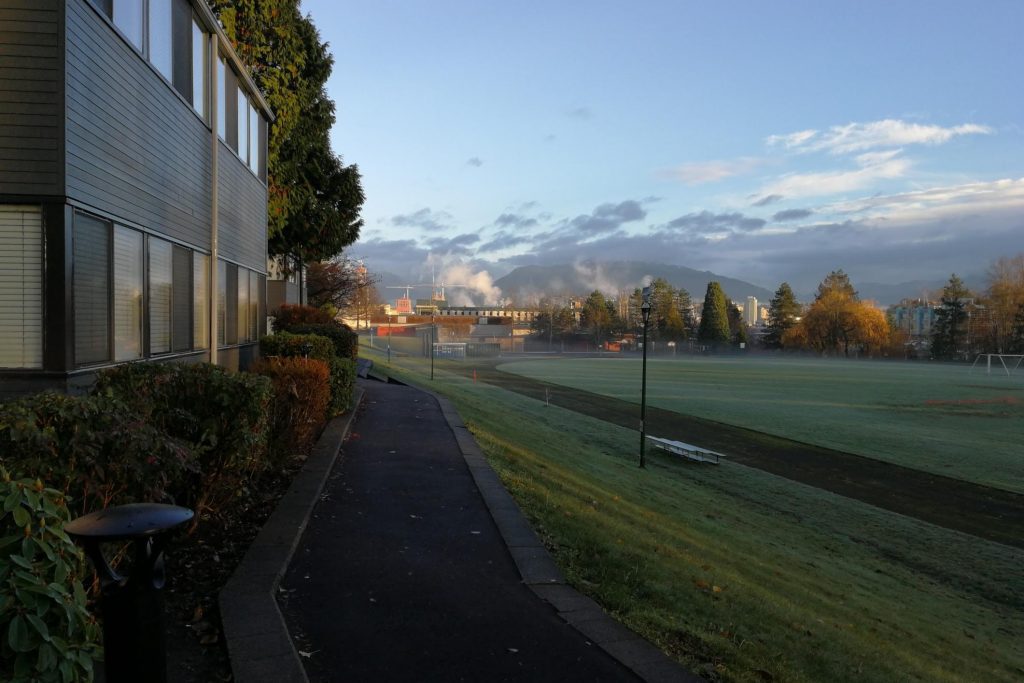
Housing in the Vancouver area can be a challenge to figure out, particularly for newcomers. So, it’s best to start researching housing options as early as possible. If you are not yet familiar with the region, orient yourself with our Navigating Metro Vancouver Guide.
We’ve designed this guide for international students who are new to Canada, to help you understand local accommodation options and rental tips to help you find a safe and comfortable place to live. Those who already established in the Vancouver area may find the Off-campus Housing page on the BCIT Housing department site to be helpful.
Click on each topic below for more information.
Considering signing a lease?
Lease is the commonly-used local term for a tenancy agreement. It is a legal document in Canada that an individual may sign with a landlord or property manager in order to rent a property. Once a lease is signed by both parties, a tenancy is begun and the leaseholder and any other occupants listed on the lease (i.e. family members, housemates, etc.) become tenants. In BC, tenants have certain rights as well as responsibilities as established by the Residential Tenancy Act.
Before signing any lease, we strongly recommend for you to:
- Familiarize yourself with the local area. Explore different areas to see where you might like to live. We suggest spending at least a few months in the Vancouver area before considering signing a lease in your name.
- Educate yourself on tenants rights and responsibilities. Complete the free, online Renting it Right courses and review the other resources on the Tenant Resource & Advisory Centre website along with their The Tenant Survival Guide.
- Contact the landlord or property manager to book a time to inspect the property in person. Bring a friend or family member with you if possible. Make note of any damage (taking photos if necessary) and bring it to the landlord’s attention. Walk around the neighborhood and check for amenities that may be important to you such as transit connections, grocery stores, parks, cafes, etc.
- Read the lease carefully. Take your time and make sure that you fully understand the terms since it becomes legally binding once you sign it.
